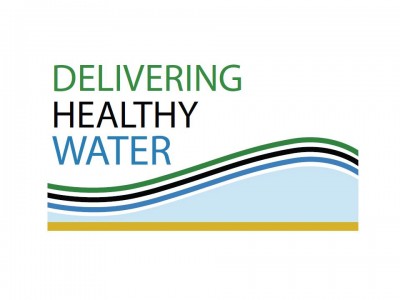 The number of designated bathing waters failing to reach sufficient microbiological standards is set to rise in the UK in 2015 with the introduction of more stringent standards associated with a revised Bathing Water Directive from Europe.
The number of designated bathing waters failing to reach sufficient microbiological standards is set to rise in the UK in 2015 with the introduction of more stringent standards associated with a revised Bathing Water Directive from Europe.
Alongside this there is also a debate over the suitability of traditional culture versus new molecular methods for enumerating faecal indicator organisms (e.g. E. coli) in bathing waters. These regulatory parameters are used to assess microbial water quality and to index risks to human health associated with faecally contaminated water. This potential future shift in quantification tools adds an extra layer of complexity for regulators, policy makers and scientists to explore in the interest of public wellbeing.
In response to this challenge the University of Stirling (Dr David Oliver & Melanie van Niekerk) are leading a Natural Environment Research Council (NERC) Knowledge Exchange project ‘Delivering healthy water: building the science-policy interface to protect bathing water quality’. The 18-month project started on 1st October 2011 and is being run in close association with Professor David Kay (Centre for Research into Environment & Health, University of Wales) and Professor Louise Heathwaite (Lancaster University). A Working Group of experts, comprising science providers and science users, has been formed to enable the sharing of knowledge relating to cutting edge, innovative research in microbial quantification techniques for regulatory monitoring of bathing and shellfish harvesting waters.
More information about the project can be found on the newly launched website at www.deliveringhealthywater.net or by contacting Melanie van Niekerk, the project Co-ordinator at delivering.healthy.water1@gmail.co.uk
